7 Apple inventions that crashed and burned
Even Apple has some skeletons in its closet
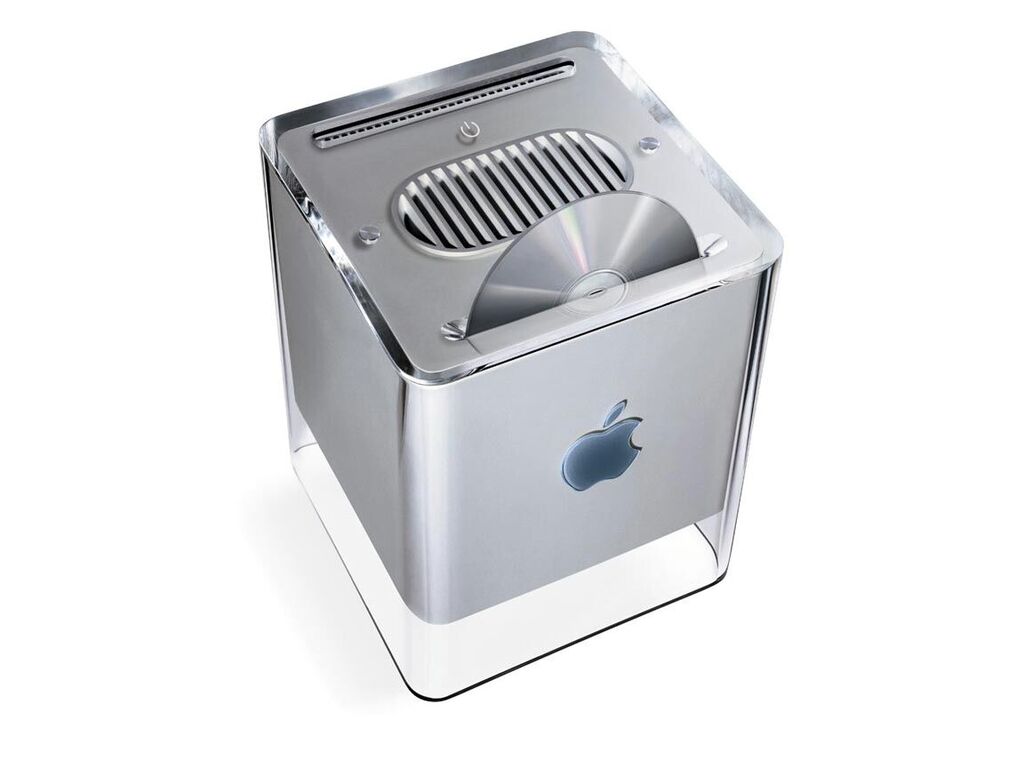
Apple is the biggest company in the world with good reason. Its products, from the iPod and the iPhone to the Mac and the iPad, have changed their individual markets and, for some, the world. More than one billion people use an Apple product today and the App Store, which launched in 2008, has spawned entire industries, many valued at tens of billions of dollars.
The company was founded by Steve Jobs and Steve Wozniak over 40 years ago and focuses on creating high-end gadgets. Under the stewardship of Tim Cook, who took over as CEO after Jobs' death in 2011, Apple has spawned a moral corporate culture that regularly speaks out when it perceives an injustice is being done.
However, that's not to say that everything Apple touches turns to gold. No, many products emblazoned with the bitten fruit logo have actually been a flop. Here are some of the most notable.
Apple Newton (1993)
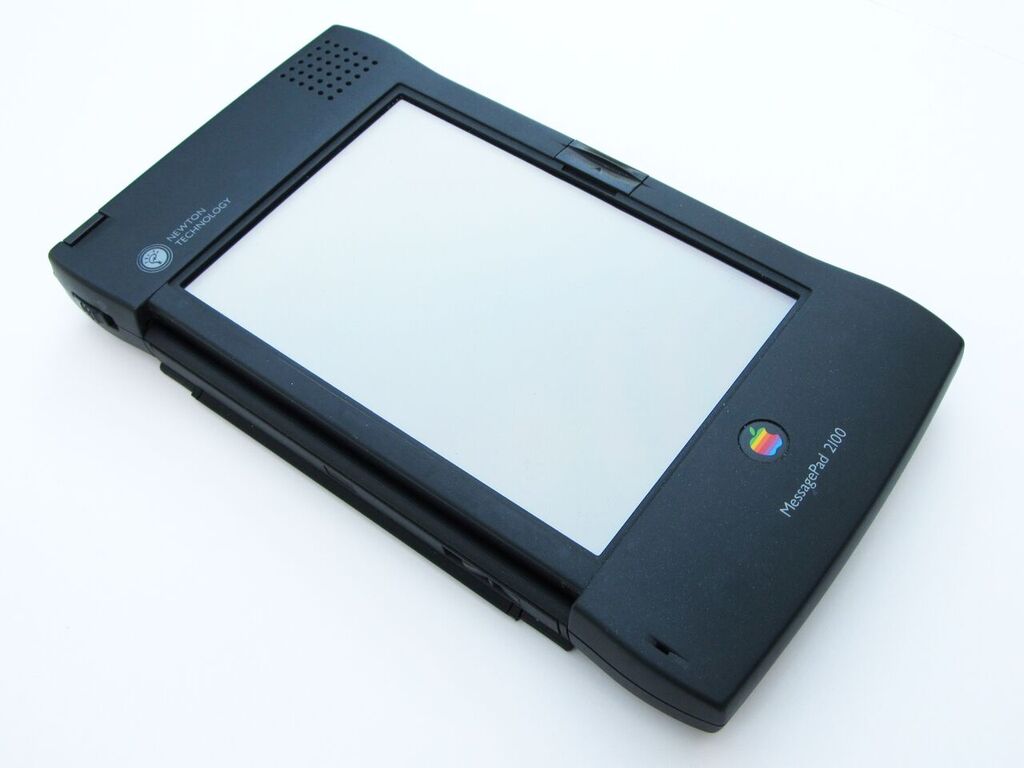
The Newton, launched in 1993, was one of Apple's first attempts at creating a tablet. The device, known as a Personal Digital Assistant (PDA), was loaded with a proprietary operating system that included a calendar, note taking app, and more.
Unfortunately for Apple, the Newton was hard to use and received poor reviews. These lead to poor sales, which lead to its discontinuation in 1998.
The Newton has gone down in Apple folklore as a failure and was even featured in Apple's "40 Years in 40 Seconds" video before it was scribbled out. The product did have an influence over the iPad, its spiritual successor in a way, as key staff returned to Apple to work on the device.
PowerMac G4 Cube (2000)

A pet project of Steve Jobs, according to Walter Isaacson's biography, the G4 Cube was one of Apple's first experiments with designing a PC that looked better than it worked. As such, it flopped commercially, primarily because it was pricey at $1,799, as well as being under-powered.
Get the ITPro daily newsletter
Sign up today and you will receive a free copy of our Future Focus 2025 report - the leading guidance on AI, cybersecurity and other IT challenges as per 700+ senior executives
The legacy of the Cube is tangible, however, and exists within the Apple TV, Mac Mini, and (early) Mac Pro models, all of which share a similar design.
Apple learnt from its mistakes and worked hard to make computers that not only looked goodthink of the new Mac Pro, for examplebut were powerful and worth the price tag.
iPod Shuffle (third generation) (2010)
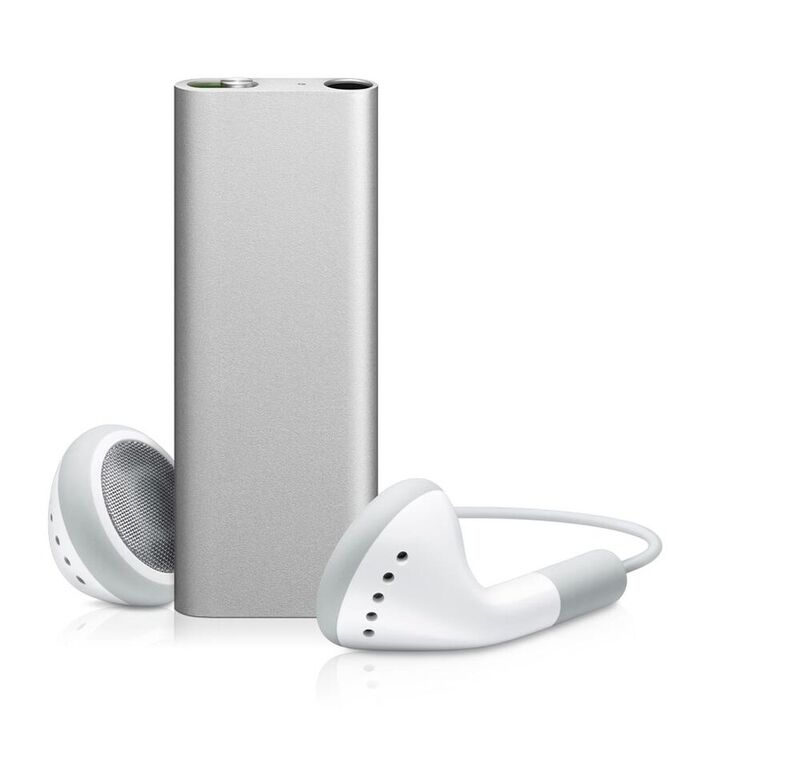
The iPod Shuffle has always been the smaller, inexpensive cousin to the other models, but the third generation version, released in 2010, broke from that form and included a different design. Instead of being a square, it went for vertical height that ditched the volume control.
Apple backtracked on the design with the fourth generation model, which went back to having volume buttons on a squat, square design. This design has remained until this day, although the Shuffle hasn't been updated since mid-2015.
Ping (2010)
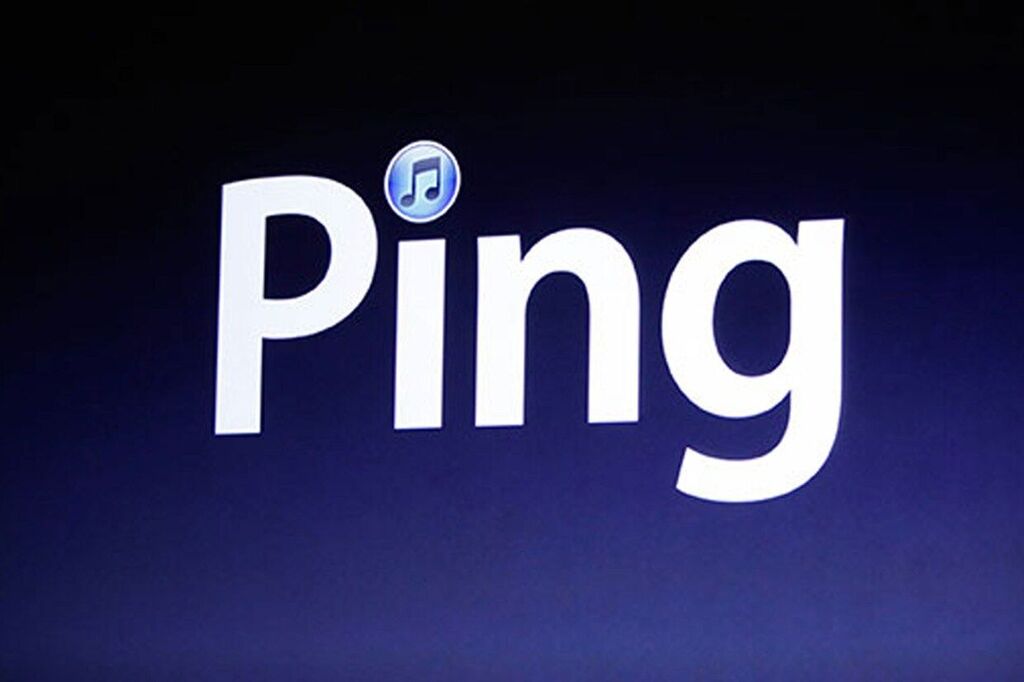
Described by Steve Jobs as "Facebook and Twitter meet iTunes", Ping was supposed to be a new kind of social network but for music, with a focus on connecting fans and artists. The project, however, was inundated with setbacks, like its lack of integration with Facebook, and never took off.
The service was shut down in 2012, two years after it launched, and was replaced by deeper Twitter and Facebook integration in iTunes.
Ping itself was a niche product inside iTunes, but it became emblematic of Apple's inability to build a decent software product. The company has always excelled at making great hardware and has arguably struggled with software. The failure of Ping did not help persuade sceptics.
Apple Hi-Fi

Not all of Apple's failed products were bad ideas: The iPod Hi-Fi, which launched in 2006, was praised for its quality but did not compare well with similar products from Bose, iBoom, and so on. As such it was killed in 2007 as Apple focused on the iPhone and iPad.
The Hi-Fi was likely driven by Steve Jobs, a renowned music lover, but fell into the classic Apple trap of being too expensive and undifferentiated from its rivals.
However, the Hi-Fi wasn't Apple's last foray into sound equipment. In 2014, Apple acquired Beats - the company founded by Dr Dre - for $3 billion and now sells a range of headphones, speakers, and other audio accessories.
Hockey Puck Mouse

Apple has a fairly long history of designing cool accessories for the Macthink the Magic Trackpadbut the Hockey Puck Mouse, launched in 1998 alongside the iMac, was definitely an exception.
While the mouse looked funky, it was incredibly hard to use thanks to its small, round shape. MacWorld even went as far as describing it as one of "the worst Apple products of all time". The mouse was discontinued in 2000, just two years after its release.
Apple has since figured out a good formula for accessories: make them pretty, functional, and useful and they sell well.
iTunes on Windows

Steve Jobs once described iTunes on Windows as "giving a glass of ice water to somebody in hell" but it certainly isn't like that anymore. Anyone who has interacted with the software knows that it is buggy, bloated, and nothing like its counterpart on iOS or OS X.
The Atlantic even wrote a post, entitled "Why Is iTunes So Bad?", that examined the problem. Essentially, the problem seems to be that there are so many features in iTunesmusic, movies, TV shows, Genius, the App Store, and so onthat it is a jack of all trades, but master of none.
Another problem, as put forward by Quartz, could be that Apple realises that the software is bad, but won't dedicate the resources to fixing it.
Either way, iTunes on Windows is one of Apple's worst products.
-
 Should AI PCs be part of your next hardware refresh?
Should AI PCs be part of your next hardware refresh?AI PCs are fast becoming a business staple and a surefire way to future-proof your business
By Bobby Hellard
-
 Westcon-Comstor and Vectra AI launch brace of new channel initiatives
Westcon-Comstor and Vectra AI launch brace of new channel initiativesNews Westcon-Comstor and Vectra AI have announced the launch of two new channel growth initiatives focused on the managed security service provider (MSSP) space and AWS Marketplace.
By Daniel Todd
-
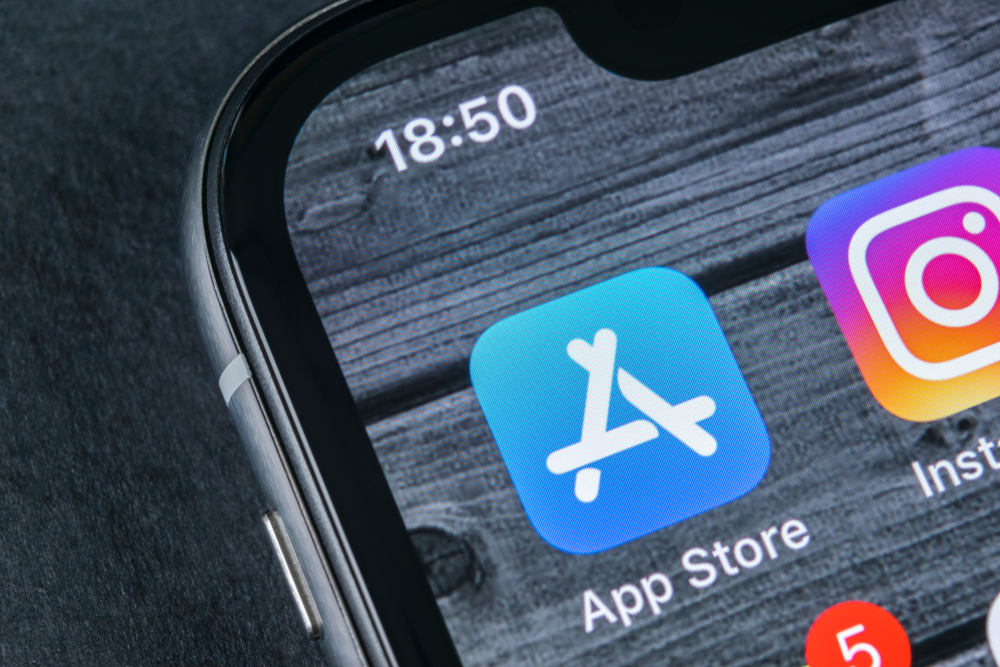 Apple's App Store now allows unlisted apps
Apple's App Store now allows unlisted appsNews Businesses are invited to make their limited-audience apps available only through a direct link
By Connor Jones
-
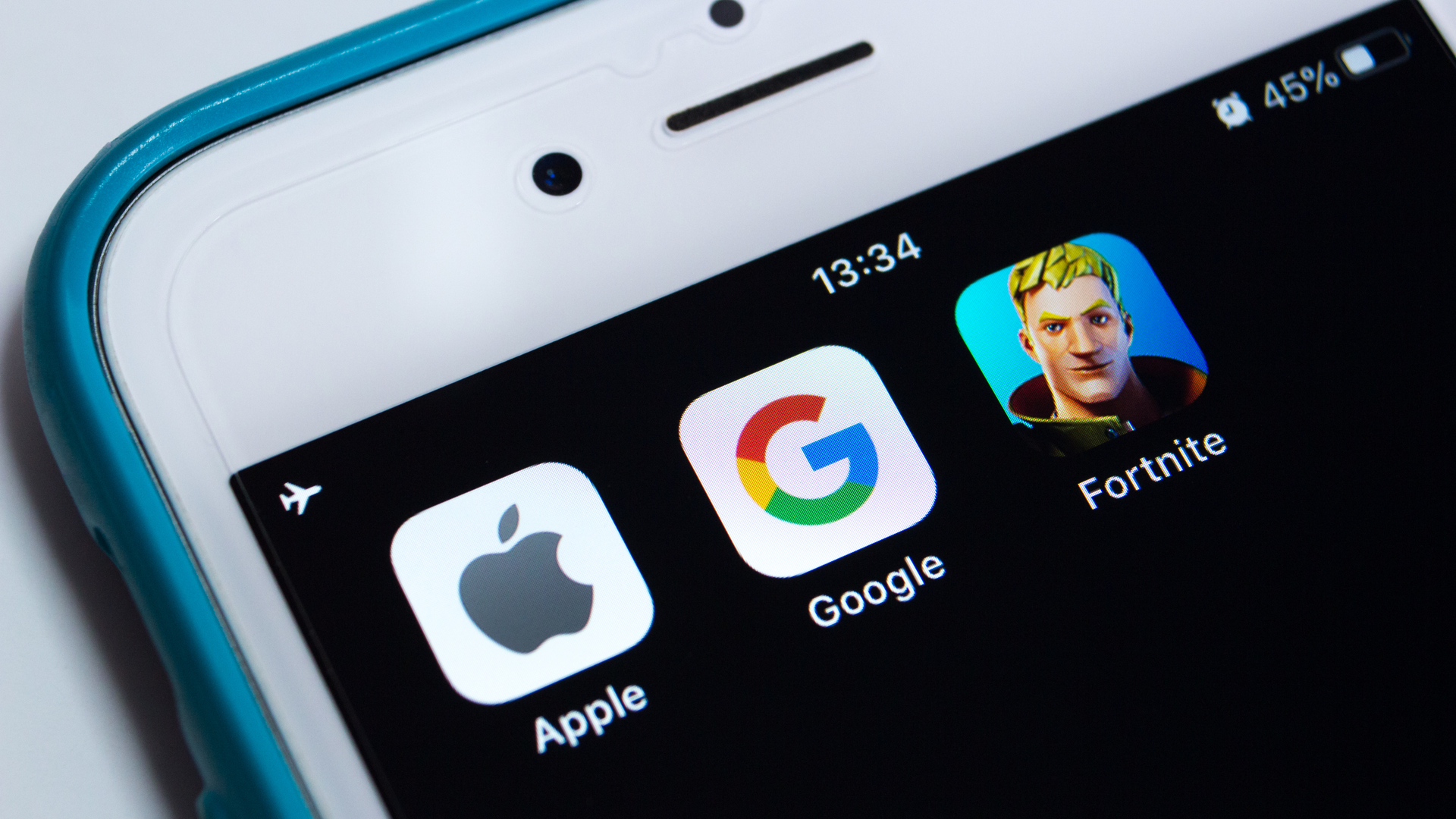 What Apple's Epic battle could mean for the app business
What Apple's Epic battle could mean for the app businessIn-depth The tussle over gaming could have broader effects for the App Store in general
By Elliot Mulley-Goodbarne
-
 App makers take shots at Apple in Senate hearing
App makers take shots at Apple in Senate hearingNews App developers say the company uses its app store to further its own business interests
By Danny Bradbury
-
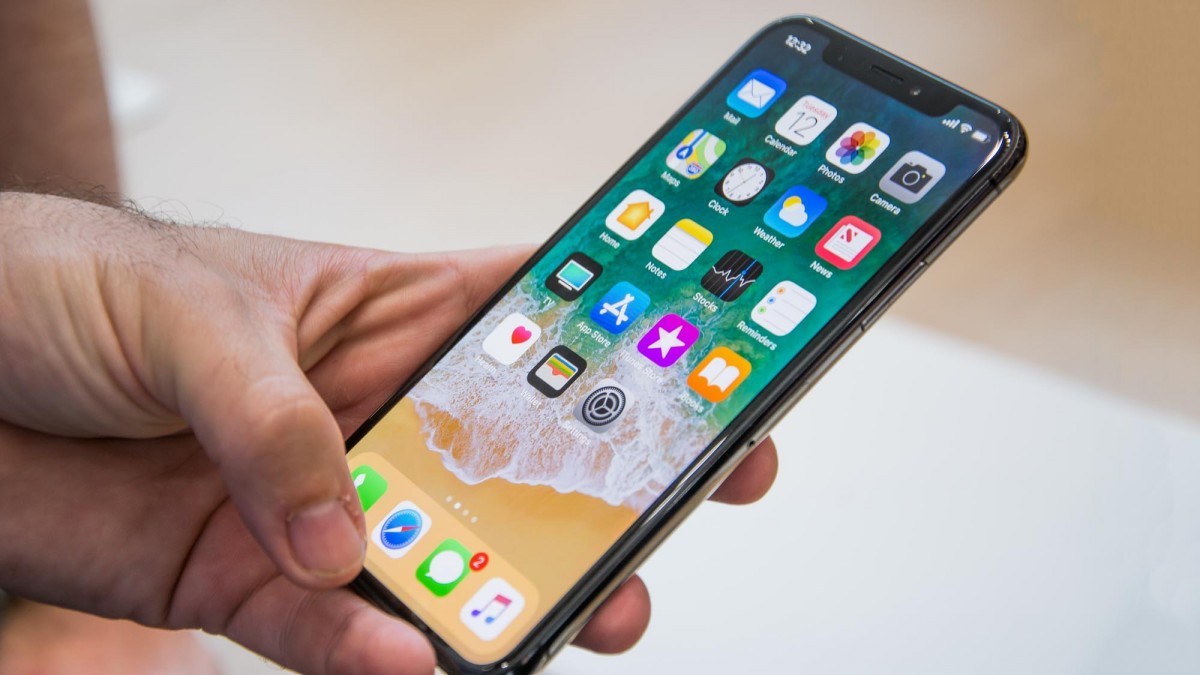 Best iPhone apps for 2019
Best iPhone apps for 2019Best Get the most out of the new range of iPhones with the top business, productivity and collaboration apps
By Clare Hopping
-
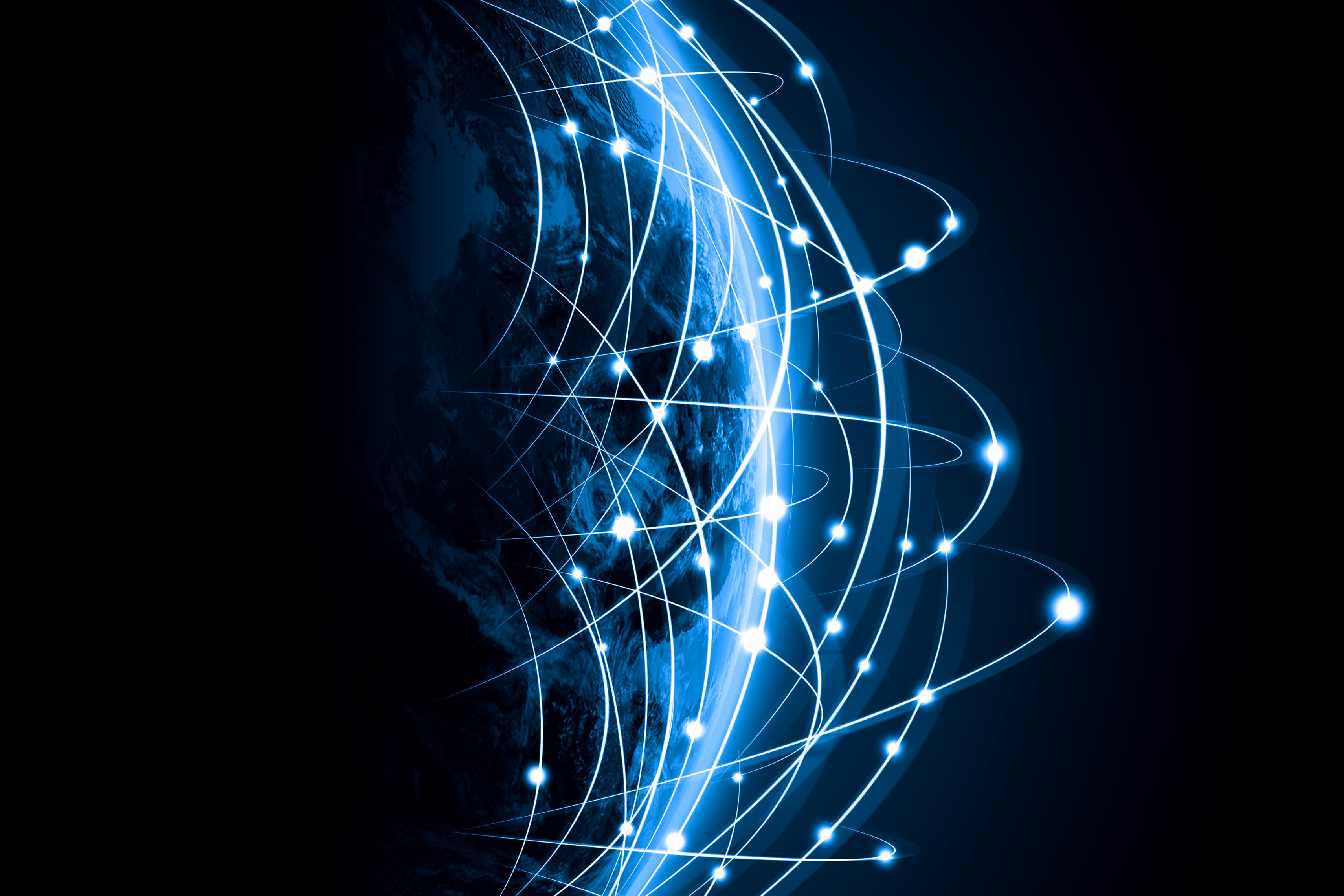 Apple pulls VPNs from the App Store as Russia bans them completely
Apple pulls VPNs from the App Store as Russia bans them completelyNews Apple removes VPNs from the Chinese store, while Russia makes them illegal
By Alan Martin
-
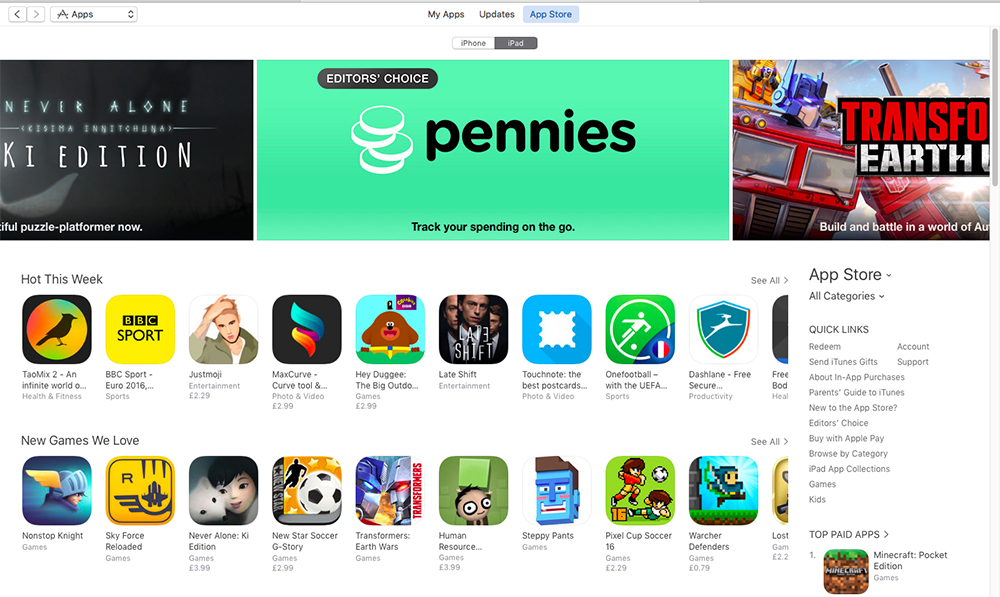 Apple raises App Store prices by 25% thanks to Brexit
Apple raises App Store prices by 25% thanks to BrexitNews App and in-app purchase prices rise in response to the weak pound
By Clare Hopping
-
 Apple outlines plan to take smaller revenue cut from ‘reliable’ apps
Apple outlines plan to take smaller revenue cut from ‘reliable’ appsNews Apps of any kind will also be eligible to offer subscriptions soon
By Aaron Lee
-
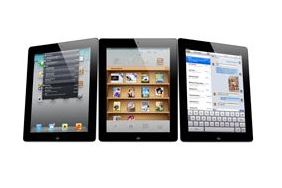 Apple App Store surpasses 25bn download milestone
Apple App Store surpasses 25bn download milestoneNews As Apple prepares to introduce the iPad 3, the 25 billionth App Store application is downloaded.
By Tom Brewster